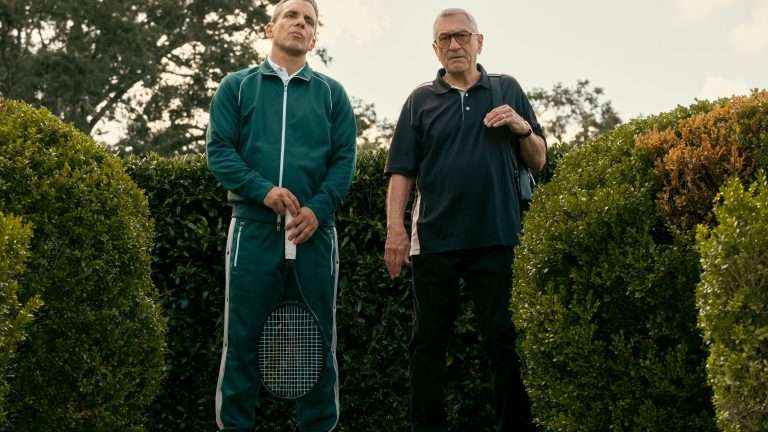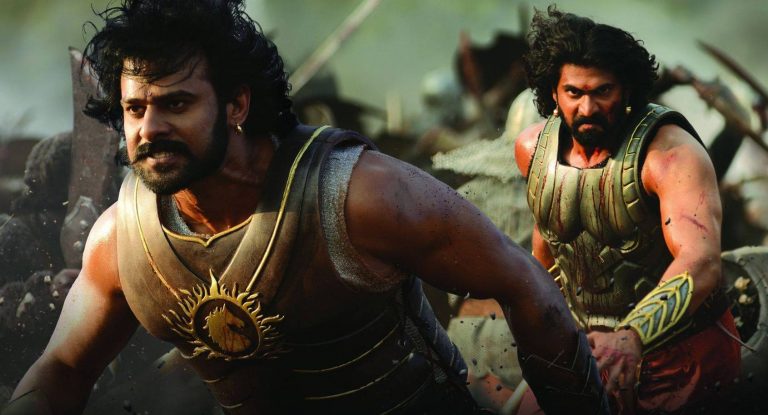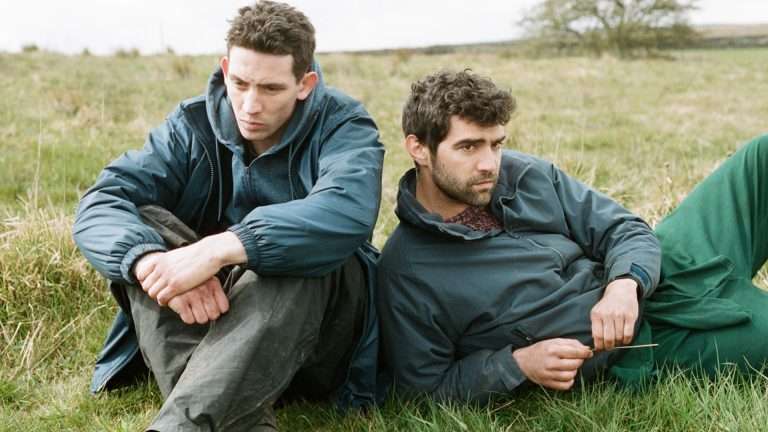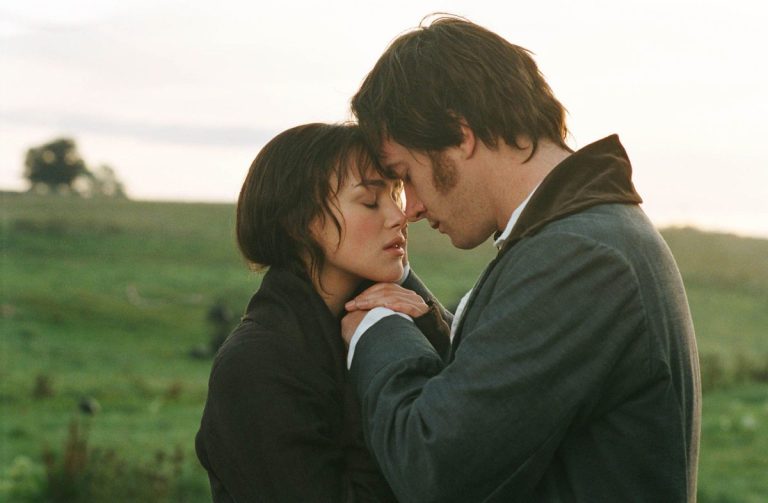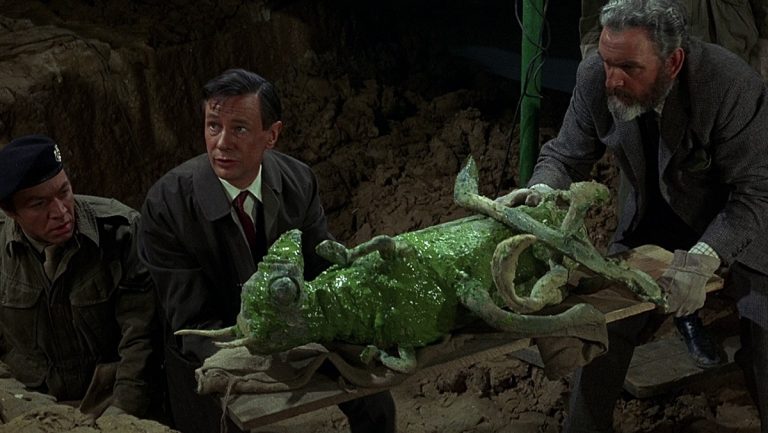A small, quiet town where the seasons come and go with a gush of wind that brings melancholy—this is a perfect setting to tell an intimate story of longing and desire. The immediate example that comes to mind is Tarkovsky’s “Mirror” (“Zerkalo”), where we see, in the opening scenes, a woman viewed from behind as she gazes toward the horizon—an iconic image of longing portrayed in cinema. As an avid admirer of Tarkovsky, we can clearly see Nuri Bilge Ceylan’s motivations to explore similar themes in his movies.
His feature-length directorial debut, “Kasaba,” (1997) portrays the interpersonal dynamics of a family in a small town and their relationship with the town itself. Episodic in its narrative, “Kasaba” tells the story of three generations within a single household and their contrasting worldviews. Despite a brief prologue that introduces us to the small town and its glacially somber livelihood with some beautiful monochromatic shots, the film predominantly takes place at a family campfire. Around this campfire, we see all the characters sitting together, expressing their deepest emotions about life despite having their differences with each other. In a way, they are confessing their feelings to one another, revealing how estranged they are due to their opposing mindsets—and how they long to reconcile, an act perhaps all the characters have desired for eternity.
We have the children, Asiye and Ali, who see the world as naive bystanders, full of awe. Their naivety sometimes reveals their cruel side, such as when they throw fruit at a tethered donkey or upend a tortoise and leave it struggling helplessly on its back. But these acts reflect their way of exploring the complexities of life.
We also have Saffet, the twenty-something uncle of the children, who spends his time aimlessly wandering the town. Unemployed, he momentarily finds a diversion at the local fairground. But the festive fun and games of the small town are really for children and offer no solace to him. On the rides, smoking a cigarette, and eating ice cream—Saffet appears incongruous and out of place. He loathes the small-town ecosystem and longs for the big city, for Istanbul, as an escape from the claustrophobia of rural living. “I don’t want to stay here and rot,” he says in one scene.
In contrast to Saffet, there are the children’s parents and their aged grandparents. The father, well-educated and widely traveled, has returned to his hometown to introduce technical improvements in water supply and drainage. In one instance, he berates Saffet for being lazy and aimless, just like his own father, sparking a heated exchange where both hurl accusations of selfishness and insensitivity toward their family.
These interpersonal relationships unfold against the somber backdrop of village life throughout Kasaba’s runtime. While the film portrays estrangement—between characters or even between characters and their setting—it also carries a certain warmth. The family campfire, bringing three generations together, becomes a space where their opposing views on life may serve as their only connection. This is a deeply humanistic approach, showcasing the fragile bonds that tether them despite their differences.
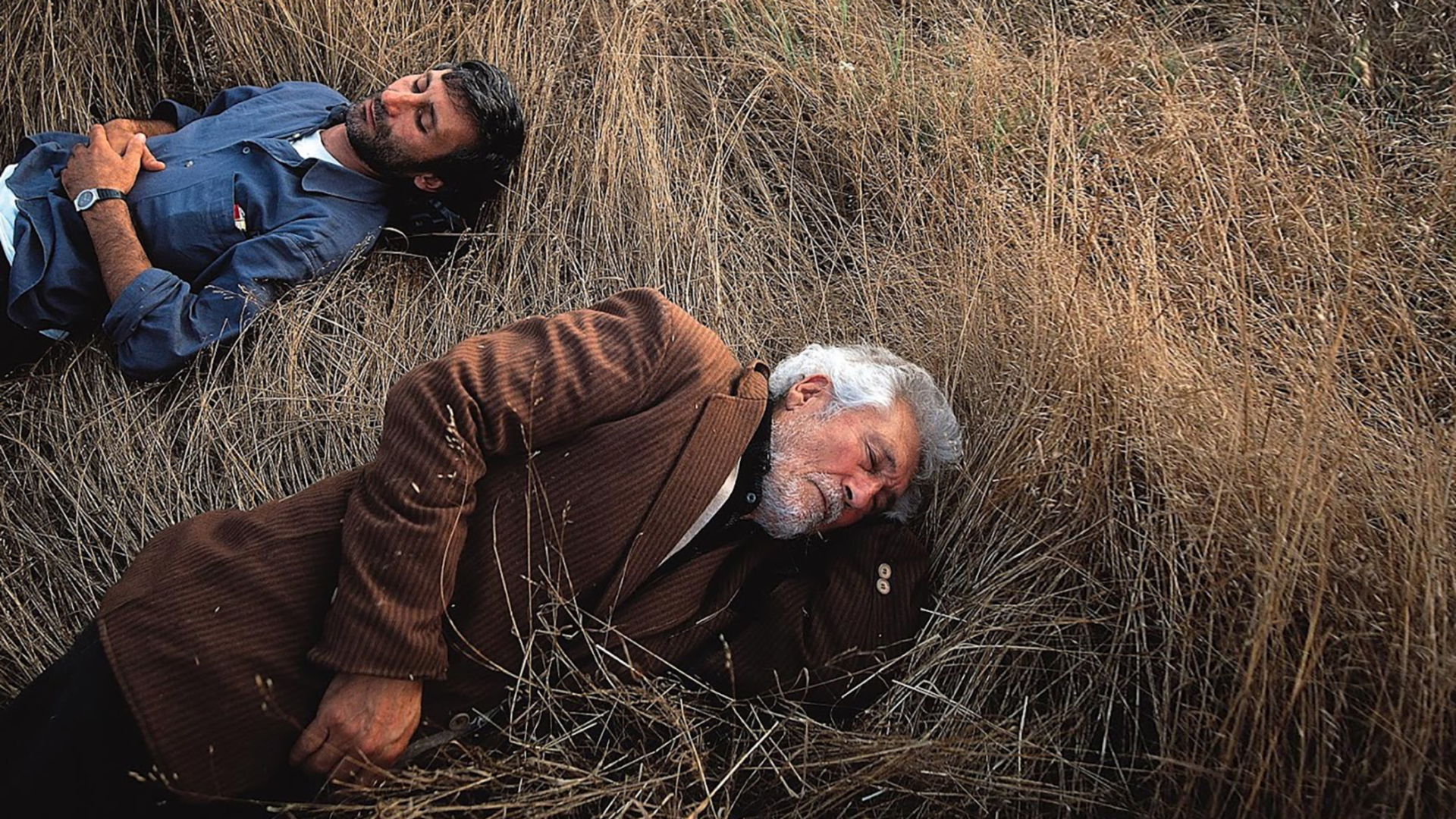
In his next film, “Clouds of May,” (1999) a fragment of the 40-minute campfire scene from “Kasaba” reappears in a slightly altered form. The mother and father are gone, along with the young daughter, Asiye. Saffet now stands on the sidelines, figuratively and literally. Though still bitter about his intolerable existence in the town, he is at least hopeful of an escape. He has found a new role: acting as a prompter, reading out lines from the film script for the old grandfather to parrot.
In a breathtakingly audacious move, “Clouds of May” slowly reveals itself as a semi-fictionalized account of the making of “Kasaba.” Here, Muzaffer comes to the town to make a film. And the script he follows is none other than “Kasaba.” We hear the revised dialogue from the film and even a similar scene of a campfire. But the acrimonious family gathering around the campfire is just one element; the film also includes scenes of filming in the local school, capturing the silent tears of a child humiliated by a teacher. A fairground is revisited, and Ali, the young boy, is shown learning about donkeys and tortoises from his Uncle Muzaffer.
“Clouds of May” serves as a true companion piece to “Kasaba.” While “Kasaba” showcases a family as a close-knit group despite their differences, “Clouds of May” explores the hypocrisy and alienation of educated city dwellers and how they exploit the innocence of the village dwellers. Muzaffer returns to his hometown from Istanbul to make a movie, treating his relatives as mere subjects for his art. For him, the town holds no intrinsic value beyond serving as a picturesque location or its residents as characters in his film. Feigning empathy, he manipulates his relatives into helping him, often at great cost to their lives.
For instance, Muzaffer lures Saffet into quitting his factory job to assist with the film, promising to help him find work in Istanbul—only to later discourage him from coming. Meanwhile, Muzaffer’s father struggles to protect his land from government exploitation, a fight ultimately undermined by Muzaffer’s sudden vacation plans. Ali, who vows not to cheat in protecting an egg, learns to do so from his uncle. These actions highlight the growing estrangement among the characters and underscore the necessity of the campfire—a space where they might confront their consciences.
Ceylan inserts himself into the narrative through these characters. Like Muzaffer, Ceylan left his hometown for better education. He is well-read, intellectual, and a filmmaker who returns to his roots to make movies, even casting his own family members. Does he seek to confront his own conscience, or does he use these elements purely for fiction? The answer remains ambiguous, but his motivations to find warmth amidst self-centered acts are evident. Whether it’s Muzaffer giving his father a sleeping bag at the end of “Clouds of May” or the campfire in ‘Kasaba’, Ceylan shows that while the sky may be cloudy, it is, after all, still May. A perfect metaphor for the films.

